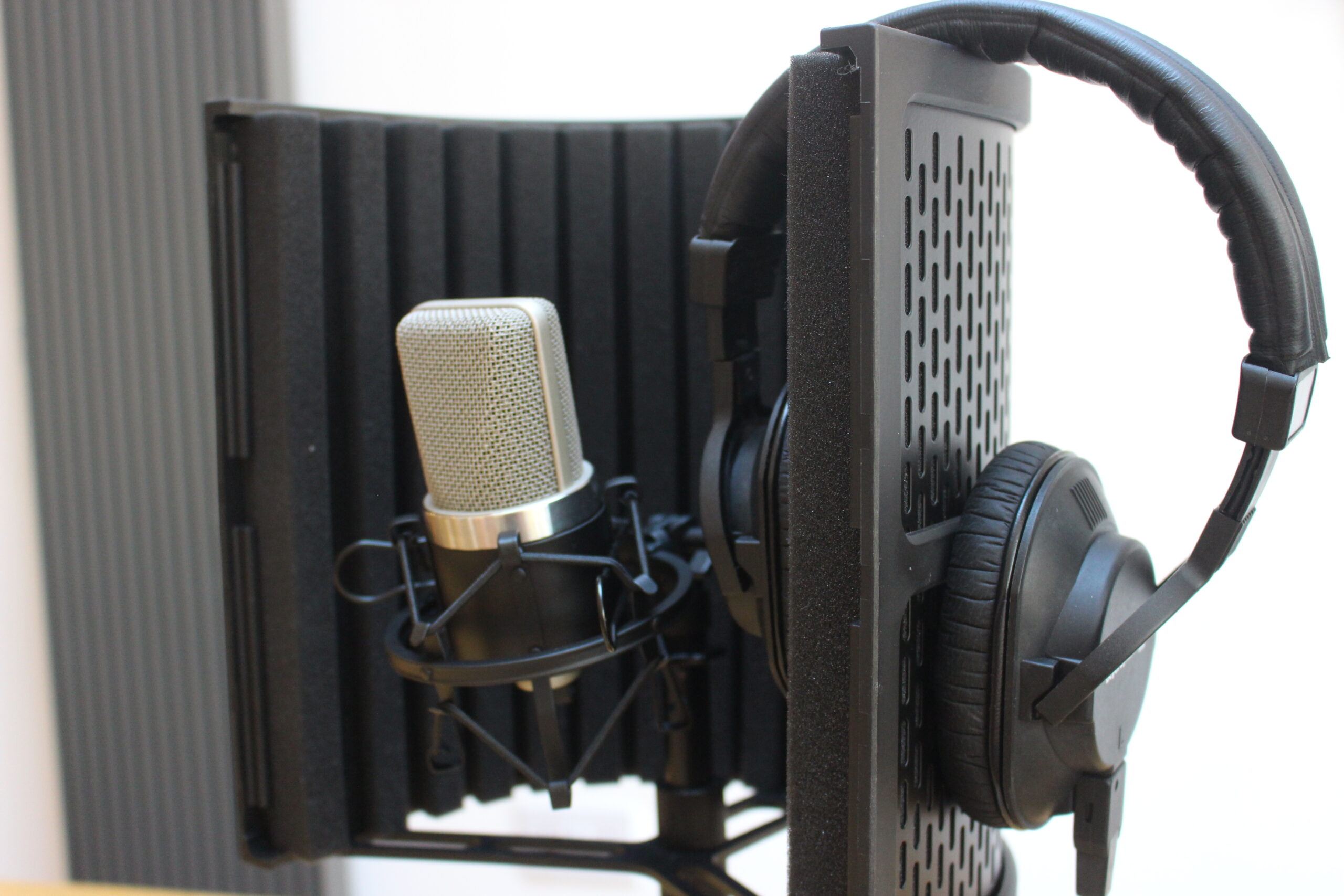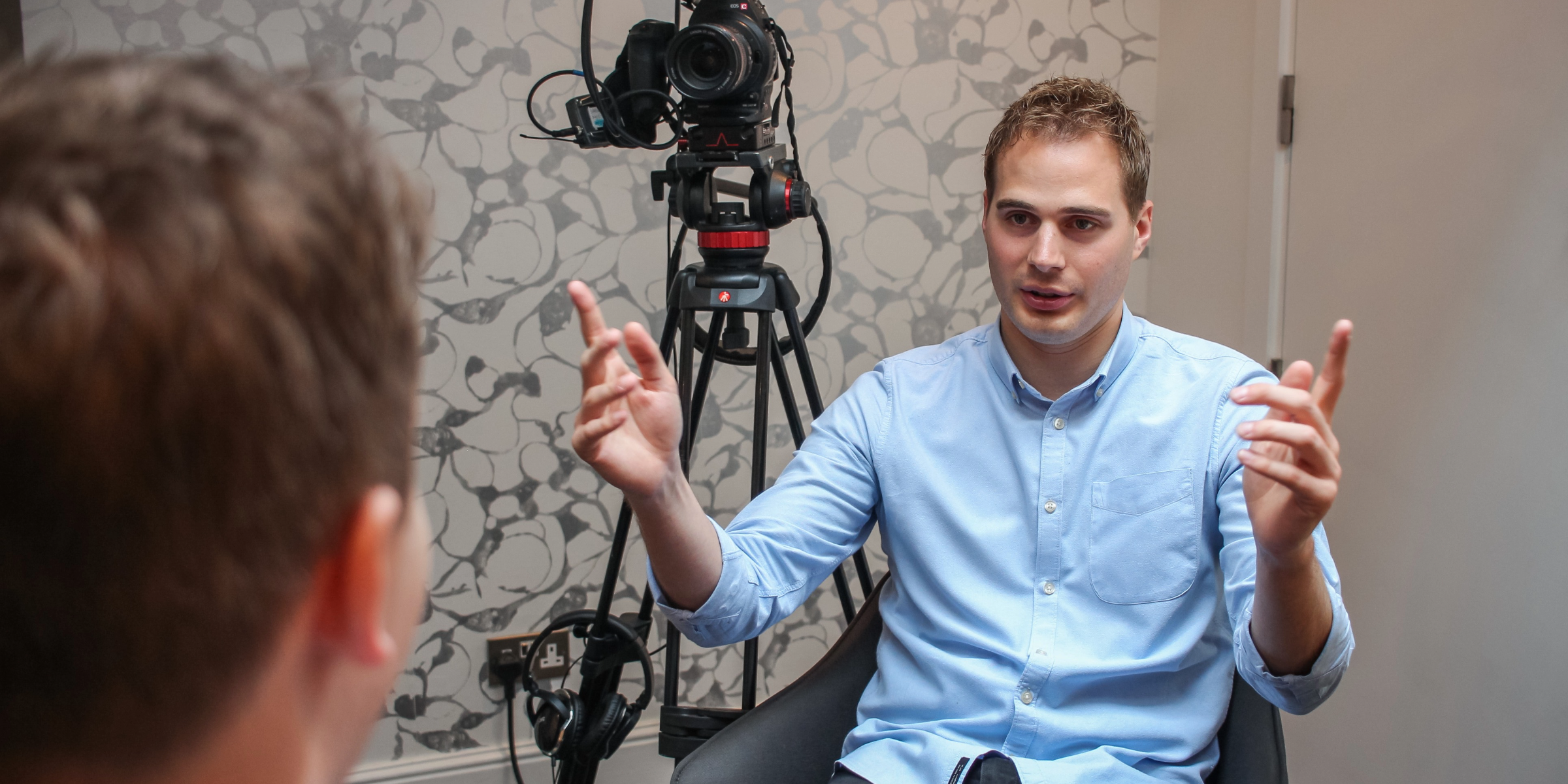Radio interviews are often hard won but they offer the most fantastic coverage in return once they’re clinched. So how do you make the most of your investment? In my view, preparation is key to ensure you maximise the return on your investment in a radio day.
By Arthur Perkins
Identifying what are your key messages is paramount. We would advise highlighting your top 3 or 4 messages – any more is too much for a short radio interview. A pre-recorded interview is often edited down to a short sound-bite of around 20”. In this case communicating one key message would be considered a success. Live interviews on BBC regional radio will give you greater opportunities; if an interview goes on for 3 or 4 minutes you may well be able to communicate 2 or 3 key messages.
Branding, in the form of dropping in a company or product name, comes under the umbrella of messaging. 1 – 2 brand mentions per interview is generally deemed acceptable by journalists. Any more and your story becomes more like an advert than a feature or news story.
At the start of a radio day campaign we establish what the KPIs are. For some clients it’s more important to them that a radio day results in a large number of interviews reaching as big an audience as possible. This will often mean short sound-bites on national and large, urban based commercial stations. Other clients would prefer live interviews, during which more key messages can be communicated, albeit sometimes to a smaller audience. These can be achieved via local commercial stations that are often keen to run interviews lasting several minutes or longer. For some nothing beats a BBC interview, because these are opportunities you really can’t buy. BBC regional radio live interviews will be shorter than their commercial peers and they’ll be firm about brand mentions too. National BBC radio is stricter still.
All this matters when briefing a spokesperson so that they can tailor their interviews accordingly. If you know an interview is a pre-record you can try and weave a key message into more than one answer, boosting your chances of getting it aired. During a live interview meanwhile, if you don’t hear a brand mention during the cue, you should try and drop one in during the first one or two answers – you never really know how long a live interview will last, so there’s no point waiting to question number 5, you may never get there!
The success of a broadcast PR campaign invariably comes down to the strength of a story. Obviously we understand that you’re not going to have a ground breaking story every time, but it is so important to be realistic. We will be able to guide you about this, anticipating where the story is likely to be placed so the spokesperson can pitch their tone accordingly. A story on local commercial radio for example is likely to be conversational and relaxed and not too taxing for the listener, whilst a live interview on any of BBC Radio 4’s national news programmes is going to be considerably more serious and demanding. It depends on the story of course.
Who that spokesperson is often determines the success of a campaign. A spokesperson from the brand or business will often know the most about the story but broadcasters may perceive them to be “too commercial”. They’ll still take them as guests but seniority within the business and relevance to the story always helps.
A third party spokesperson can take the commercial sting away and broadcasters particularly love a celebrity spokesperson, but again they must be relevant to the story. Case studies will give you further coverage.
Whilst all of these elements are crucial, the most important thing is knowing where, when and what each spokesperson is available to do. Nothing is more frustrating than securing coverage, then finding out the spokesperson is unavailable to fulfill the opportunity. In the planning stages it is critical to establish exactly who you are offering up for interview, where they will be located and at what times. With case studies it is so important to make sure that they are fully briefed and happy to do radio interviews, so there are no nasty shocks or surprises.
On the day everyone needs to get to the radio studio in plenty of time. At Shout! we suggest arriving half an hour before the first interview in time for a briefing about what lays ahead. Before each interview we run through who the spokesperson is speaking to, any local facts, what questions to expect and whether the interview will be live or pre-recorded.
In my experience more preparation leads to more client happiness, which is of course our ultimate goal!
If you have any questions about radio days, or would like to discuss an upcoming campaign, email me at Arthur@shoutcommunications.co.uk. I’m more than happy to discuss any possibilities and advise on the best way to proceed forward.



